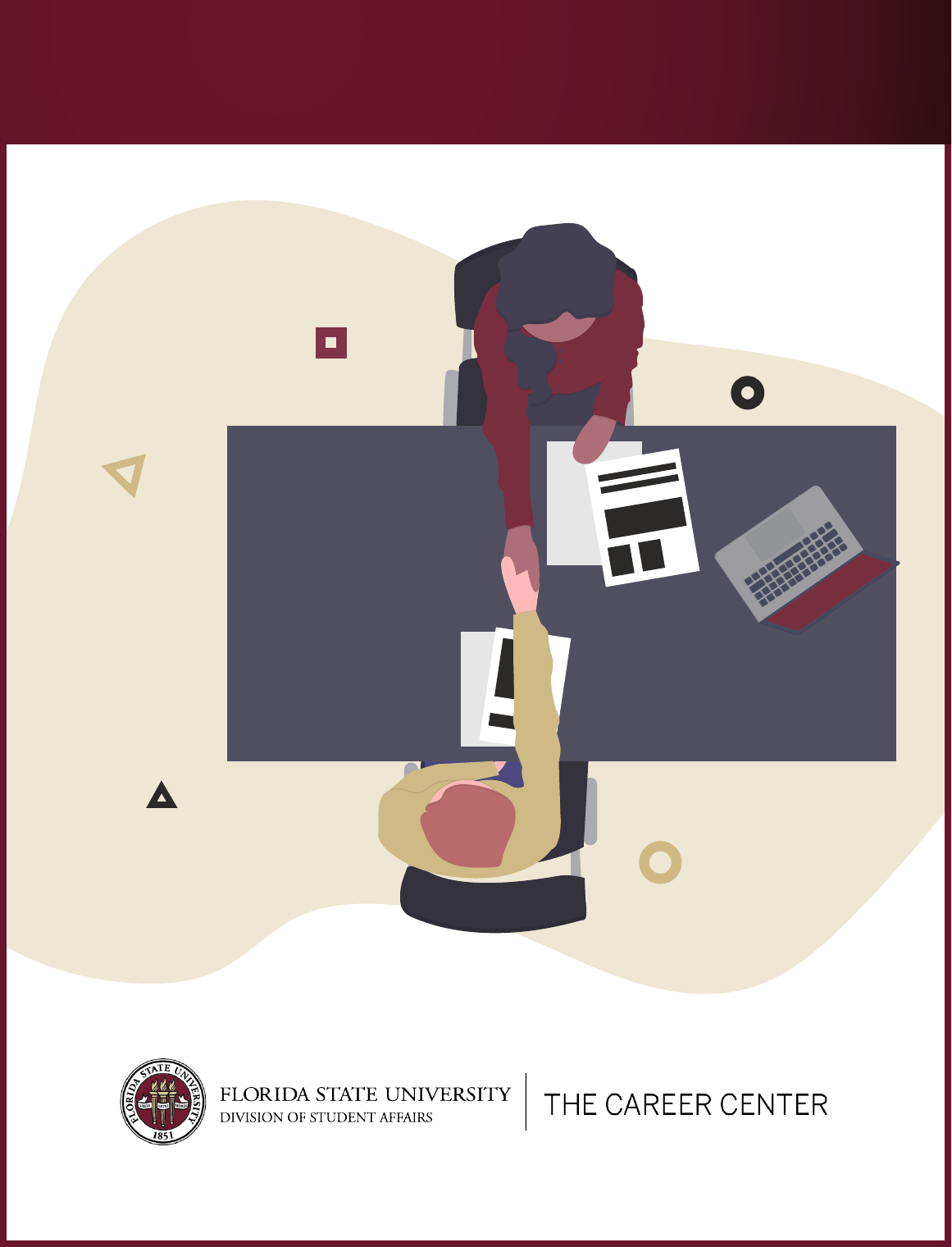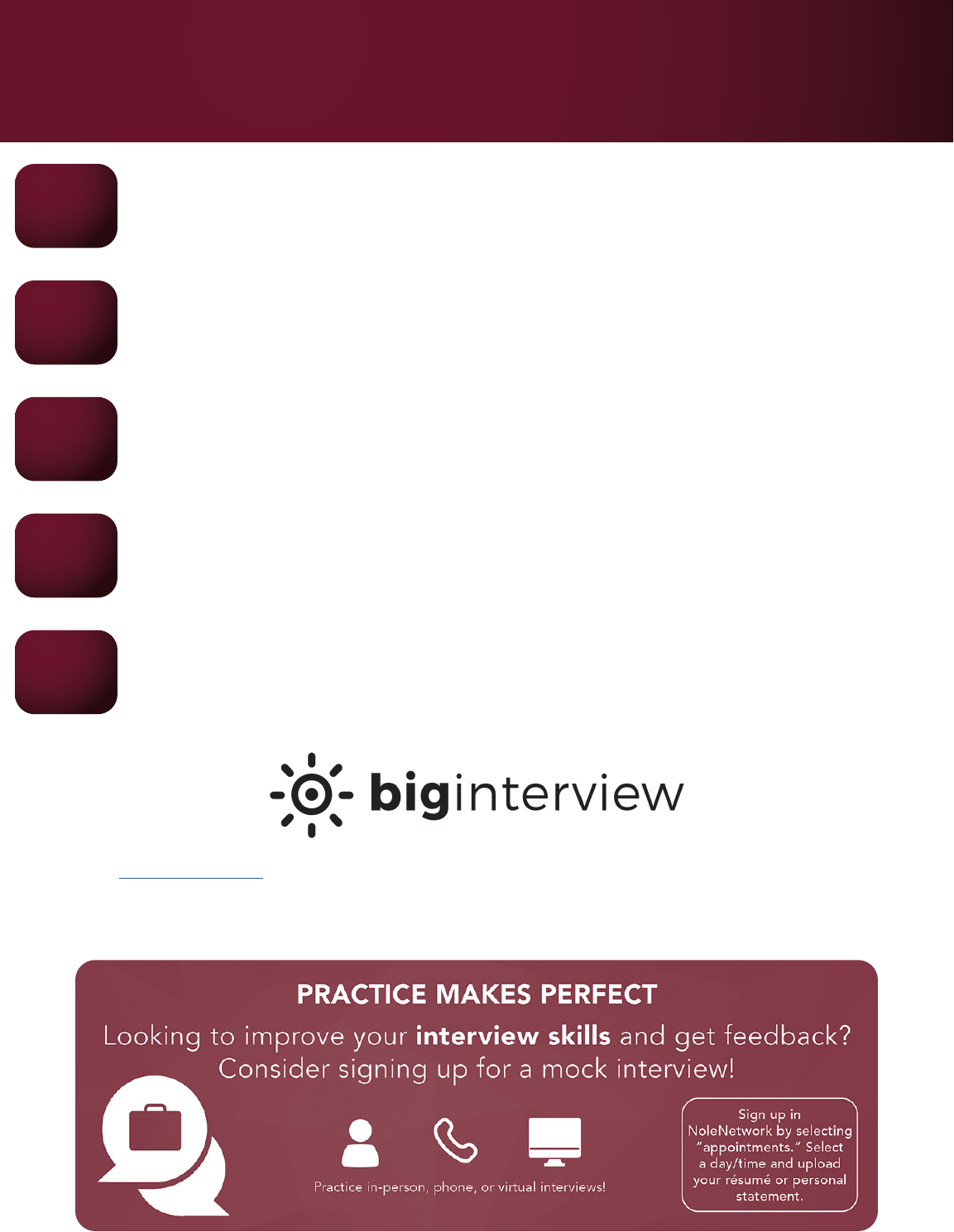
I
-'<if-
biginterview
, I '
What you’ll find in this guide
01
02
03
04
05
Prepare for an interview.................................................................................1
Prepare for an interview by doing your research on the organization, salaries, recent
organization news, and how policies on diversity and inclusion align with your values.
Plan for your interview ...................................................................................2
What type of interview are you having? Will it be by phone, video, or in-person? What
should you do and expect before, during and after the interview?
Sample interview questions........................................................................... 3
Practice answering different types of questions - general, behavior-based questions,
emotional intelligence questions, stress/case questions, and atypical questions.
The S.T.A.R. Method; and reflecting on your interview ..............................4
You can use the S.T.A.R. Method to answer behavior-based questions. Make each
interview a learning experience by evaluating your performance.
Case and technical interviews .......................................................................5
Learn what to expect during case- and technical-based interviews and how to prepare.
Big Interview is a free online training system that helps you practice
and improve your interview technique and build your confidence.
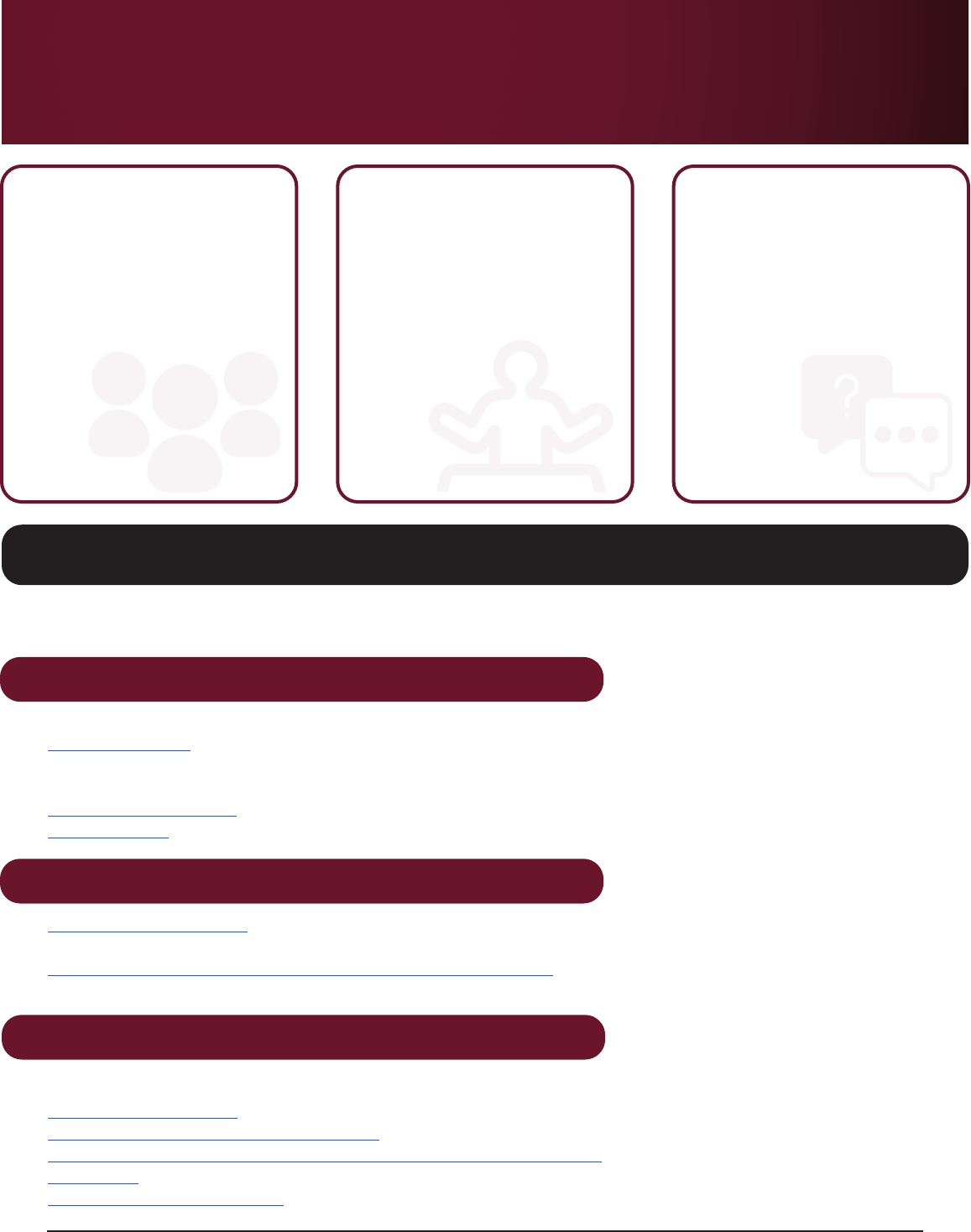
r
r
r
Prepare for an interview
Know the organization
Know yourself Communicate effectively
Do your research
• Be able to talk about your
short and long-term goals.
• Know your strengths and
weaknesses.
• Be able to demonstrate skills
and knowledge you’ve gained
from academic work and
experience.
• Be able to talk about how you
deal with challenges, conflicts
or failure.
• Understand the type of work
environment you thrive in.
• Know what qualities you’re
looking for in an employer.
• Know what service or product it
provides.
• Familiarize yourself with the
mission, vision, and values.
• Research the size of the
organization and organizational
structure
• How much potential for
advancement is there?
• Who are the organization’s
officers, administrators, etc.?
Review their background and
recent achievements.
• Anticipate typical questions
and prepare answers.
• Be able to discuss your
résumé, experiences and
accomplishments.
• Use specific examples when
answering questions.
• Consider signing up for a
mock interview to practice
your interview skills out loud.
• Use Big Interview to record
yourself answering interview
questions.
The interview is an opportunity for you to demonstrate your interest and knowledge of the organization to an
employer.It is alsoan opportunity for you to learn whether your values align with that employer or institution.
Learn about the organization
• The organization’s website & social media: Gain knowledge on the corporate divisions, brand, and locations
• Vault Top Ranked: Top 100 organizations by industry available in the Firsthand database on the Career Center website
• Current news: Check news sites for stories about the organization and industry, or use Google Alerts to notify you
when they are in the news
• GoinGlobal (H1-B visas): Worldwide job and internships for more than 120 locations with H-1B visa search engine.
• Glassdoor.com: View employee reviews as well as sample interview questions, salaries, etc.
How does this organization align with your values?
• Corporate Equality Index: National benchmarking tool on corporate policies, practices and benefits pertinent to
lesbian, gay, bisexual, transgender and queer (LGBTQ+) employees.
• Assessing an Organization’s Diversity & Inclusion Commitment: The Career Center’s resource page about
evaluating an organization’s commitment to diversity and inclusion.
Researching salary
Research salary ranges by position, job level, and location.
• NACE Salary Calculator
• OnetOnline Wages & Employment Trends
• Occupational Employment and Wage Estimages (by geographic area)
• Salary.com
• CareerOneStop Salary Finder
Prepare for an interview 1
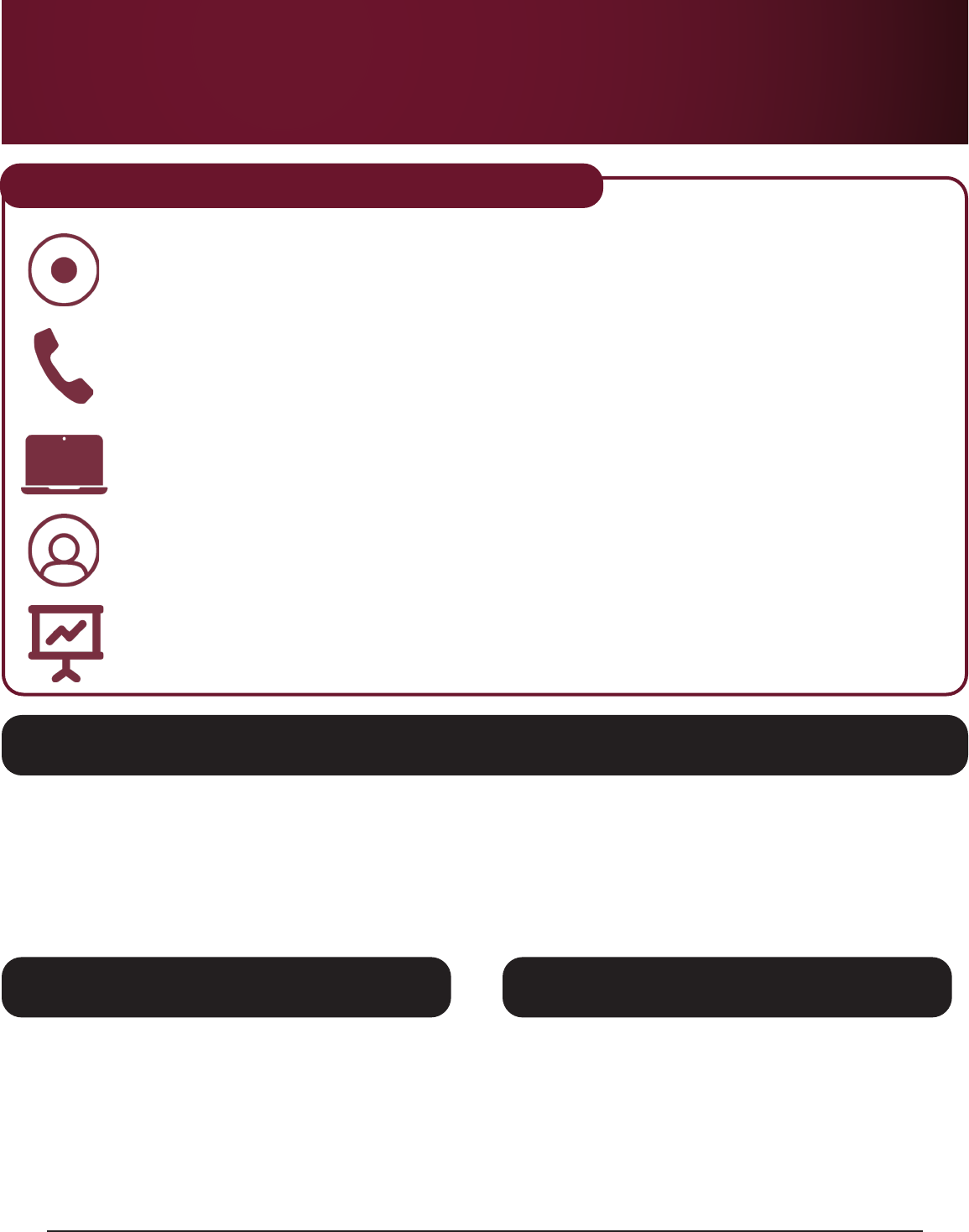
Plan for your interview
Types of interviews
Pre-recorded/timed video
These vary depending on the platform used, but you will be recording your answers to interview questions.
It may be timed, or you could be given the opportunity to re-do your answer. Regardless, you should practice
for a pre-recorded interview the same as you would for other types.
Phone
Since the interviewer can’t see your face, it’s important to convey enthusiasm, sincerity and friendliness
through your voice. Remember to speak clearly, and dressing professionally will boost your confidence.
Video
Use a laptop, tablet or desktop, not cell phone. Make sure your camera angle is looking straight at you.
Maintain eye contact with the interviewer and keep your hands in your lap to keep them still.
In-person
Confirm the location in advance. Bring extra copies of your résumé in a padded portfolio.
Presentation or performance
In some situations, especially academic settings, you may be asked to lecture or present in your area of
expertise in addition to participating in other kinds of interviewing
Before the interview
• Know the type of interview, and plan accordingly.
• Arrive on time or a little early, dressed appropriately in business professional for the industry.
• Know the types of questions that are common for the industry you’re interviewing for and prepare to answer them.
• Prepare thoughtful questions to ask theinterviewer. Make sure to not ask questions that can be easily searched online.
• Make sure all technology is working properly, and choose an appropriate location if interview is virtual or by phone.
• If traveling for an interview, confirm logistics regarding interview itinerary and travel costs. Pack light, and use carry-on
luggage for interview outfit essentials.
During the interview
• Make sure your cell phone is on silent and you’ve
brought any requested documents.
• Answer the questions completely but don’t become
long – winded.
• Avoid discussing salary and benefits unless the
employer brings it up.
• Smile and be authentic when answering questions.
• Make note of who you spoke with.
After the interview
• Thank the interviewers for the interview opportunity.
• Send thank-you notes or emails to each interviewer,
if possible, within 24 hours of the interview.
• Evaluate your interview. What did you do well?
What could you improve upon? Did you like the
organization? See page 4 for more.
• Keep a record of next steps.
• Follow up as necessary and stay positive!
Plan for your interview 2
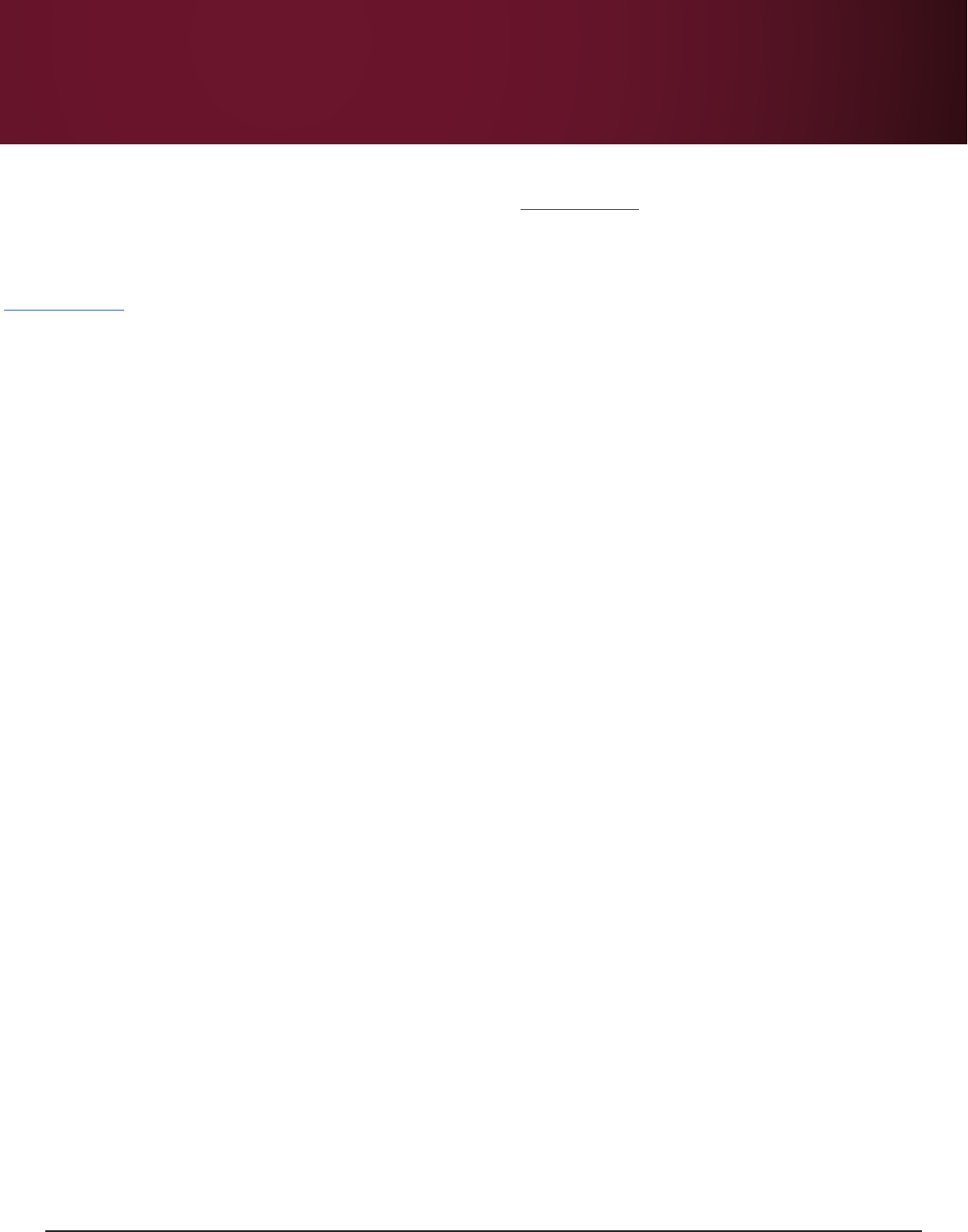
Sample interview questions
Practice answering different types of questions out loud in front of a mirror, with a friend or family
member, on a video recording, or utilizing a platform like Big Interview.
If availability permits, you can schedule a mock interview with your Career Liaison or other trained Career
Center staff, tailored to your individual occupational area, industry, or graduate school interview. Access
NoleNetwork to search for available mock interview appointments or contact your Career Liaison.
General questions
• What specific goals, other than those related to your occupation, have you established for yourself for the next 10 years?
• What do you see yourself doing five years from now?
• What do you really want to do in life?
• How do you plan to achieve your career goals?
• What are the most important rewards you expect in your career?
Behavior-based questions (assess ability to problem solve and produce results)
• Describe an example where you worked as part of a team.
• Tell me about a time when you stepped up and took a leadership position without being asked.
• Describe a time when you utilized organization tools to keep yourself on-task.
• Tell me about a time when you motivated others.
• Describe a situation where you included others in a task that would have been easier to do by yourself.
Emotional Intelligence (assess ability to handle stress or regulate emotions or expressions)
• Tell me about a time when you felt unfairly criticized by your superior.
• Tell me about a time when you tried and failed.
• Describe a situation when you underwent significant stress. How did you cope?
• Tell me about a time when you had a conflict with a co-worker or team member. What did you do?
• Describe a situation when something was better left unsaid. How did you make that determination?
Stress/Case Questions (assess technical knowledge and how well you perform under
pressure or in stressful situations)
• How many VW Bugs would fit inside a 747 aircraft carrier?
• You own a large chain of banks. You are tasked with determining whether or not it would be best to continue supplying
personnel to staff each banking location or to employ an ATM option for your customers. What do you decide to do?
• You are the leader of a seven-person team on a project with a deadline fast approaching. You have noticed the
productivity of your team members declining over the past week and suspect that morale is dropping. What do you do?
Atypical Questions (assess and observe your personality and thought process)
• What college subjects did you like best? Like least? Why?
• If you were an animal, what would you be and why?
• Fork, knife, or spoon. Which do you pick?
• You are lost in the forest close to nightfall. The temperature is rapidly dropping. You know there is a town close by, but
you are unsure of the actual distance. You have a compass, a flashlight, a canvas tarp, a lighter, and a canteen of water.
You only have the strength to carry two of these items with you as you attempt to find civilization before the temperature
drops too low for survival. Which do you take?
Sample interview questions 3
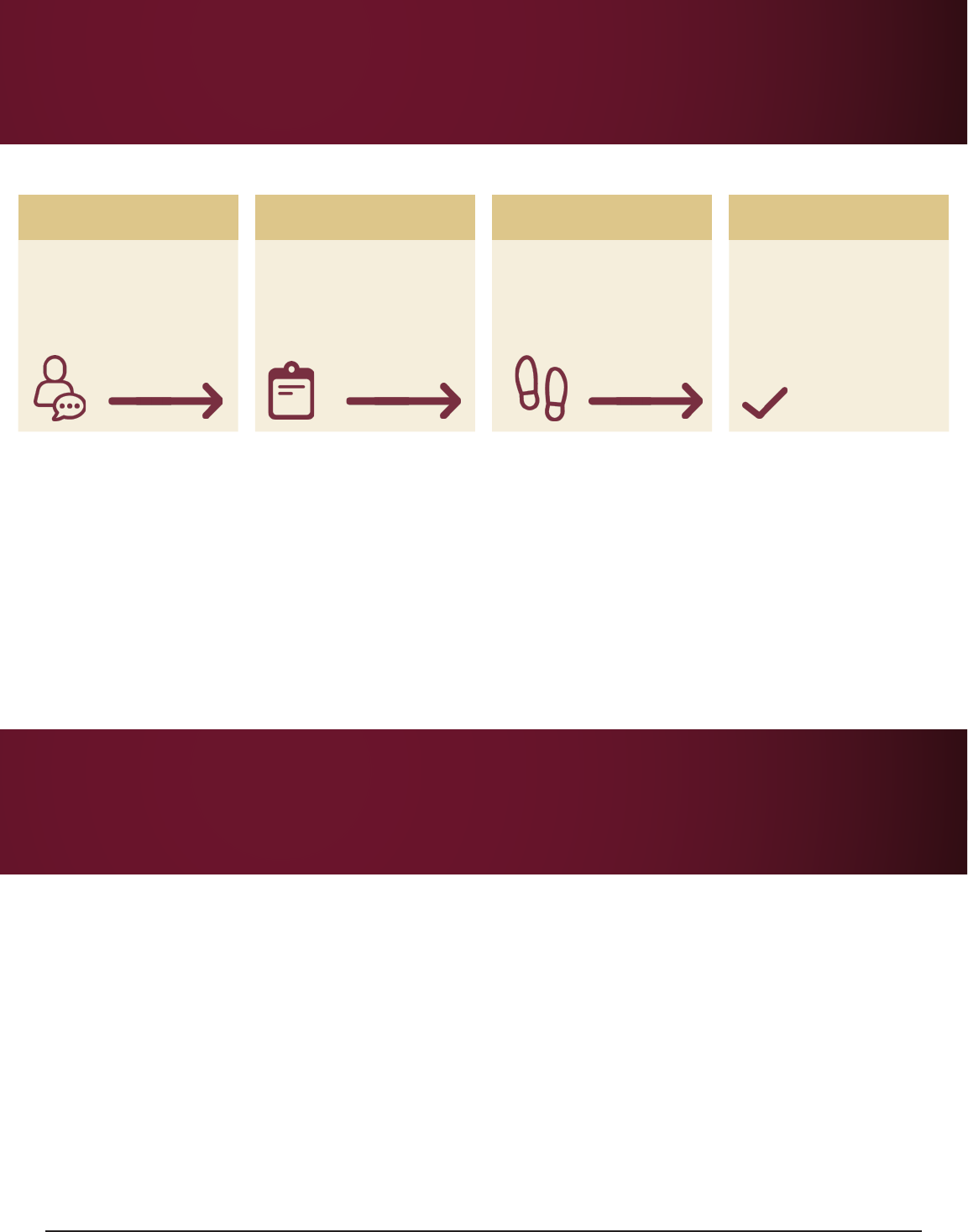
)
CD
CD
fil
c0
The S.T.A.R. Method
The S.T.A.R. Method is a simple formula to use when answering behavior-based questions.
SITUATION TASK ACTION RESULT
Give context: who, what,
where, when, why, how.
What had to get done?
What steps did you take
What was the outcome?
What was your goal?
and why? How did you
Was it what you wanted/
What obstacles were
execute a plan?
expected? What would
in the way? you change next time?
Using the S.T.A.R. Method: Describe a time when you showed initiative on the job.
Situation:
“My supervisor was given the task to plan and present a team building workshop for our entire staff.
She was already overwhelmed so I offered to do some research createsome ideas.”
Task:
”I began researching team building workshops online and found some great ideas that I thought would
work.I was also able to connect with a colleaguewho had attended a similar workshop recently who
shared his thoughts on his experience.”
Action:
“Using what I learned in my research and speaking with my colleague, I createdan agenda with activities for
the entire workshop and presented it to my supervisor.”
Result:
“My supervisor was so impressed that she used my exact agenda and activities without making any
changes.”
Evaluating your interview performance. How did you do?
Reflecting on your interview
Make each interview a learning experience. As soon as possible after the interview, reflect and write down what you
have learned. Ask yourself:
• Was I well prepared and able to integrate my research into my responses?
• Did I speak clearly and articulately, demonstrate enthusiasm and avoid verbal fillers?
• Did I sit in an upright and natural manner and use appropriate eye contact, and hand gestures?
• Did I connect my background and skill sets including transferable skills, to the position and/or industry?
• Did I prepare appropriate follow-up questions for the employer?
• Which questions were most challenging and why?
• What did I do well?
• How can I improve for my next interview?
Evaluating your interview performance is also a way to keep track of important information about each interview
such as who interviewed you, and any items that may come up in a second interview.
The S.T.A.R. Method & Reflecting on your interview 4
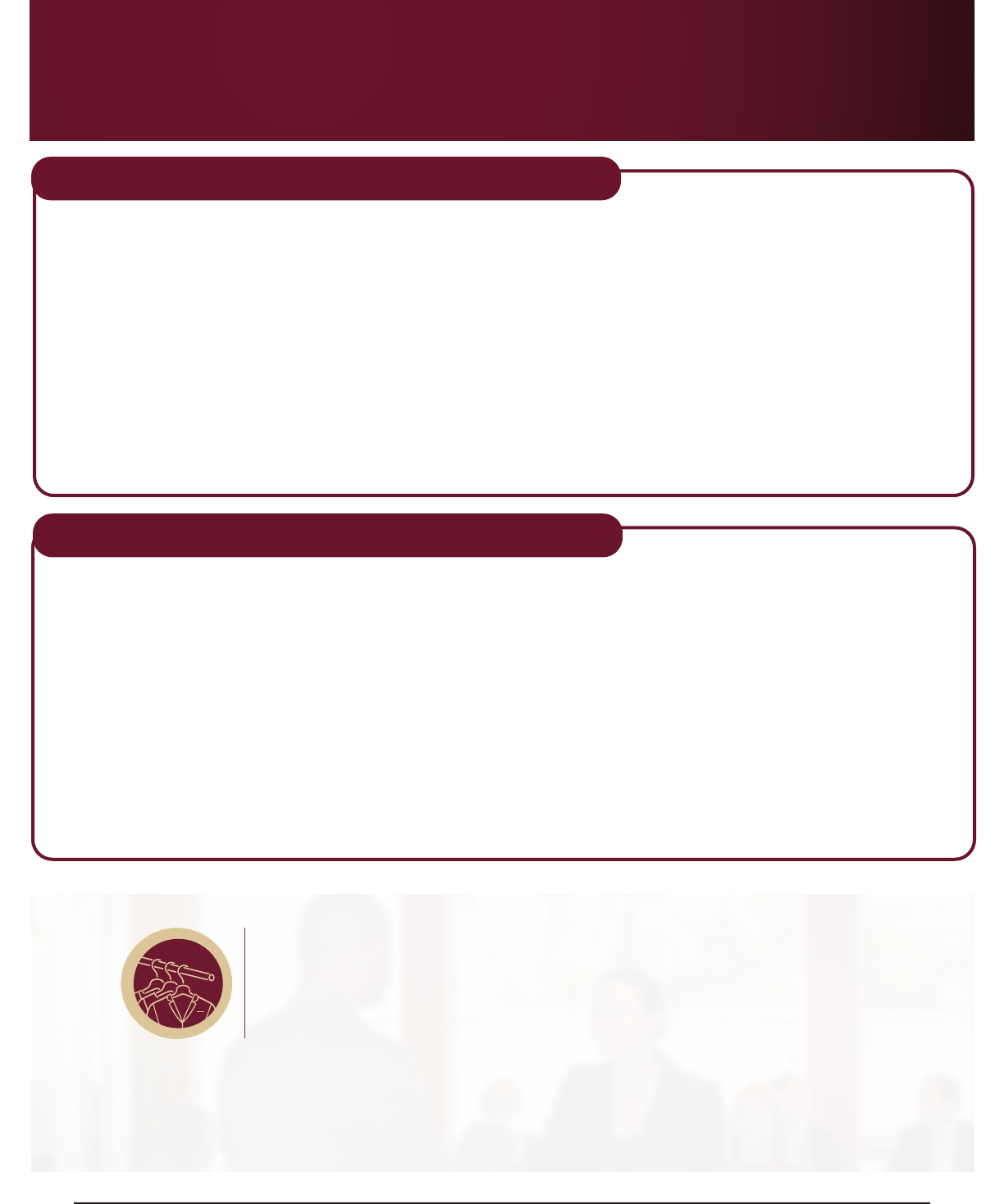
Case and technical interviews
Case interviews
A case interview is an interactive way for an employer to test a candidate’s knowledge on industrial trends,
logical but creative solutions, and ways to implement change. This is most common in the business and
information technology industries. Although there is generally no correct answer, you are expected to ask the
interviewer logical questions regarding the case, then make a thorough recommendation to solve the problem.
The characteristics of case interviews include:
• Situation-based interview questions
• No right or wrong answer
• Assessing logical and creative-based critical thinking skills
These questions can include real-world problems that the company is working/has worked on. For example: You
may be asked to analyze a decline in profits for a particular service or resource, identifying why that would be
the case, and offering recommendations and implementations on addressing this issue.
Technical interviews
Companies utilize the technical interview to assess specific technical knowledge required for the occupation
and the organization. This type of interview assesses a candidate’s problem solving skills, reasoning abilities,
and technological skill level. Interview components can include at-home challenges, phone screenings, in-
person questions and assessments that can include puzzles, writing exercises, pair-programming, and coding
problems.
A critical part of understanding the technical interview process involves inventorying your skill set and
experiences. Consider:
• What technical-based courses (i.e. Data Structures and Algorithms) have I taken?
• What relevant class projects or certificates did I complete?
• What transferrable skills did I develop through my experiential learning opportunities (i.e. internships,
shadowing, part-time jobs) that can translate to this position?
• How do I articulate my competencies built through personal projects or other work?
PROFESSIONOLE
CLOTHING CLOSET
The ProfessioNole Clothing Closet provides FSU students a way to access free
professional attire appropriate for career fairs, interviews, and the workplace.
career.fsu.edu/clothingcloset
Case and technical interviews 5
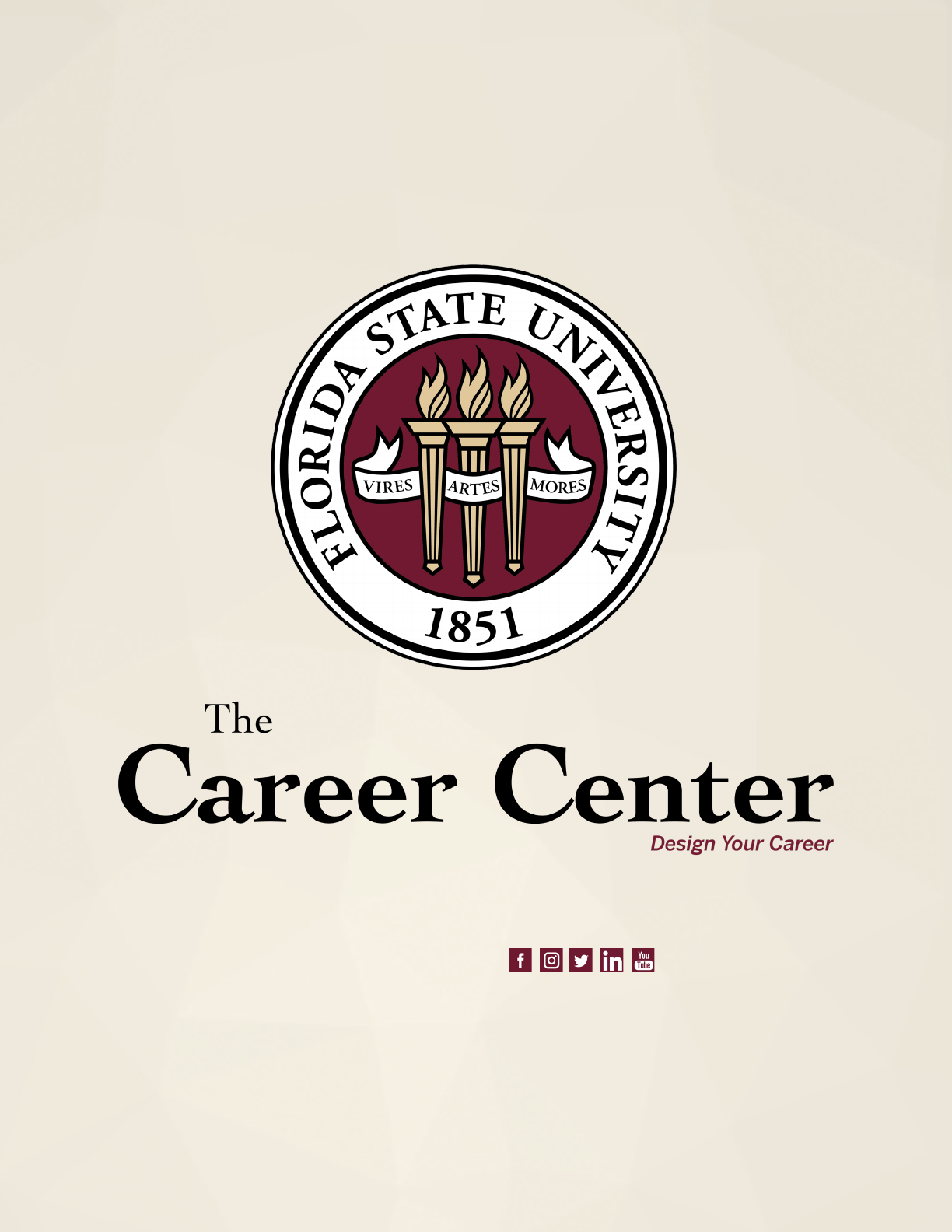
The
Career
Center
Design Your Career
D
l@l
rJ
fffl
~
@FSUCAREERCENTER
